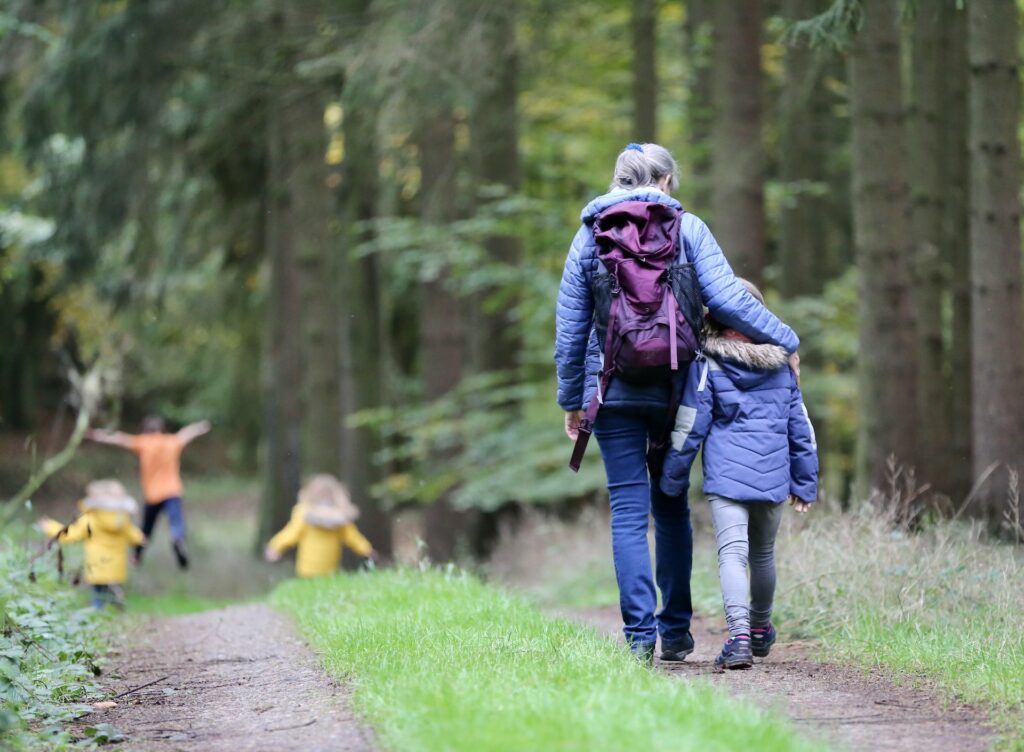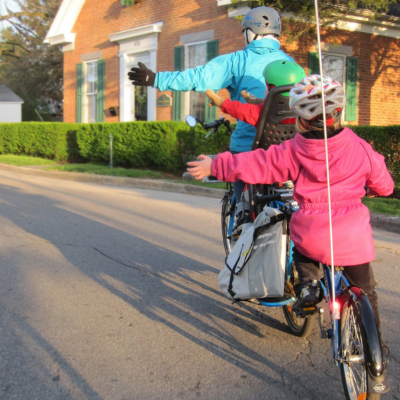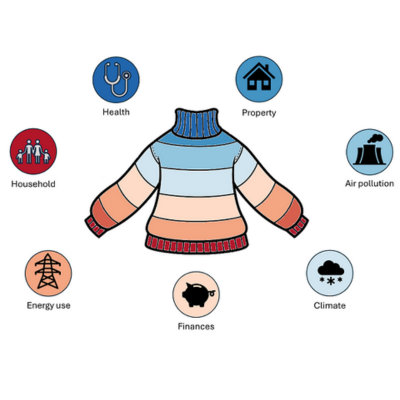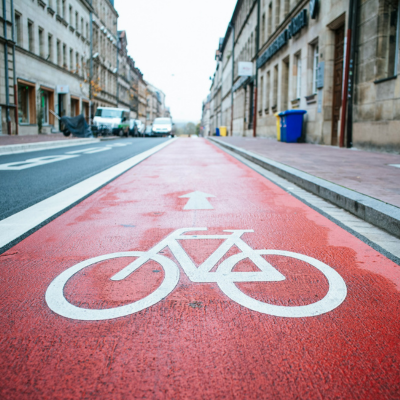UrbanTide is working in partnership with Cycling Scotland and Paths for All to create a real-time, holistic picture of active travel across Scotland for the first time.
Since
But while we now have access to 100,000+ rows of daily cycle data, no walking data is currently collected. Adding pedestrian data to the platform will allow us to take our real-time sights a step further, giving a clearer and more holistic picture of how people are actually using our streets every day. This data can be used to inform future community planning and help promote active travel nationally.

Creating a healthier, happier and greener Scotland
Paths for All is a Scottish charity that promotes walking, cycling, and other forms of active travel. They aim to create a healthier and more active Scotland by encouraging people to use paths and outdoor spaces for physical activity and as an alternative to other forms of transport.
They do this by developing behavioural change programs and inclusive walking environments. By working with local authorities and communities, Paths for All will create environments that are better designed and managed for walking.
The charity’s vision is to improve communities, health and the environment in the following ways:
Health: By encouraging people to walk every day, this keeps communities healthy, which reduces pressure on the NHS. Walking daily also helps combat health inequalities, as walking is a free form of exercise.
Communities: By better connecting communities through inclusive walking environments, this helps combat loneliness and brings communities together.
Environment: Encouraging people to walk, wheel or cycle every day has a positive impact on the community’s carbon footprint. Walking instead of using transport means less traffic congestion and a reduction in CO2.
Paths for All’s strategy is built around the objectives set out in the WHO’s Global Action Plan for Physical Activity and responds to a number of the UN’s Sustainable Development Goals.
Using pedestrian data to improve infrastructure

By adding pedestrian data to the Cycling Open Data portal, we'll be able to support Paths for All's mission to create better places and spaces for everyone in Scotland to walk in.
Local authorities can use data from the Cycling Open Data portal to inform future planning and promote active travel across Scotland. The data will be used in the following ways:
Infrastructure Planning: Local authorities can use cycle and pedestrian data to identify areas that need walking and cycling infrastructure improvements, ensuring targeted investments where they are most needed.
Route Selection: By analysing travel patterns, planners can determine popular pedestrian and cycling routes, aiding in the selection of appropriate locations for new paths, connections, and integration with public transportation.
Safety Improvements: Pedestrian and cycling data helps identify accident hotspots, allowing planners to prioritise safety measures such as traffic calming, improved signage, and separated cycling infrastructure.
Demand Management: Analysing walking and cycling data assists in understanding usage patterns and trends, enabling authorities to develop strategies for promoting active travel during off-peak hours and encouraging modal shifts from private vehicles.
Evaluation and Monitoring: Local authorities continuously monitor the impact of walking and cycling initiatives using data collection, evaluating factors like mode share and user satisfaction to inform future planning and decision-making.
Working together with Paths for All and Cycling Scotland, we'll be able to unlock pedestrian data and create a comprehensive view of active travel in Scotland. By integrating walking data into the Cycling Open Data portal, local authorities can make informed decisions about how to improve outdoor spaces and make them safer and better to walk in.
It's a data-driven approach that will promote active travel, improve community health, enhance connectivity, and contribute to a sustainable and inclusive environment for Scotland.






